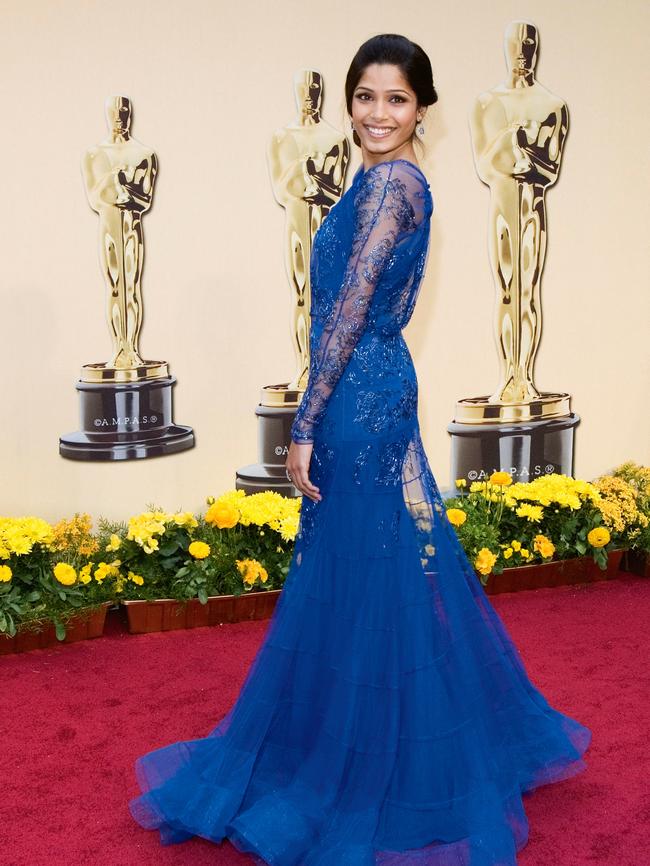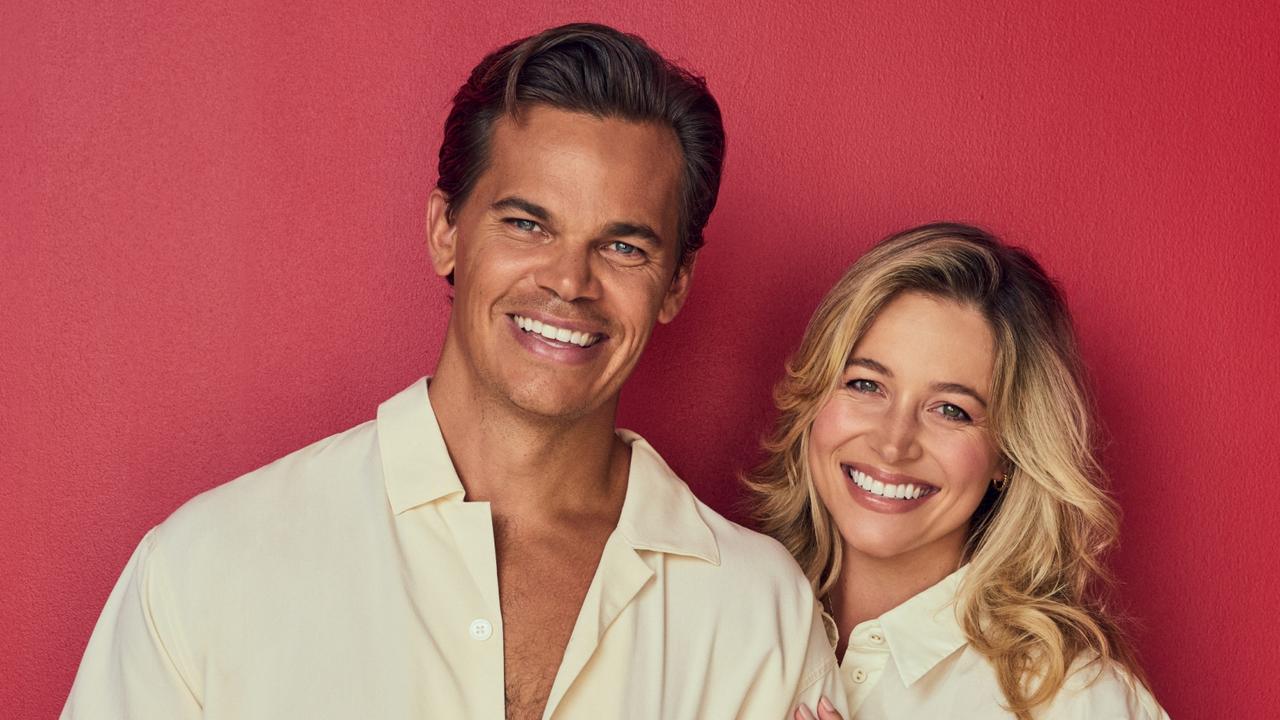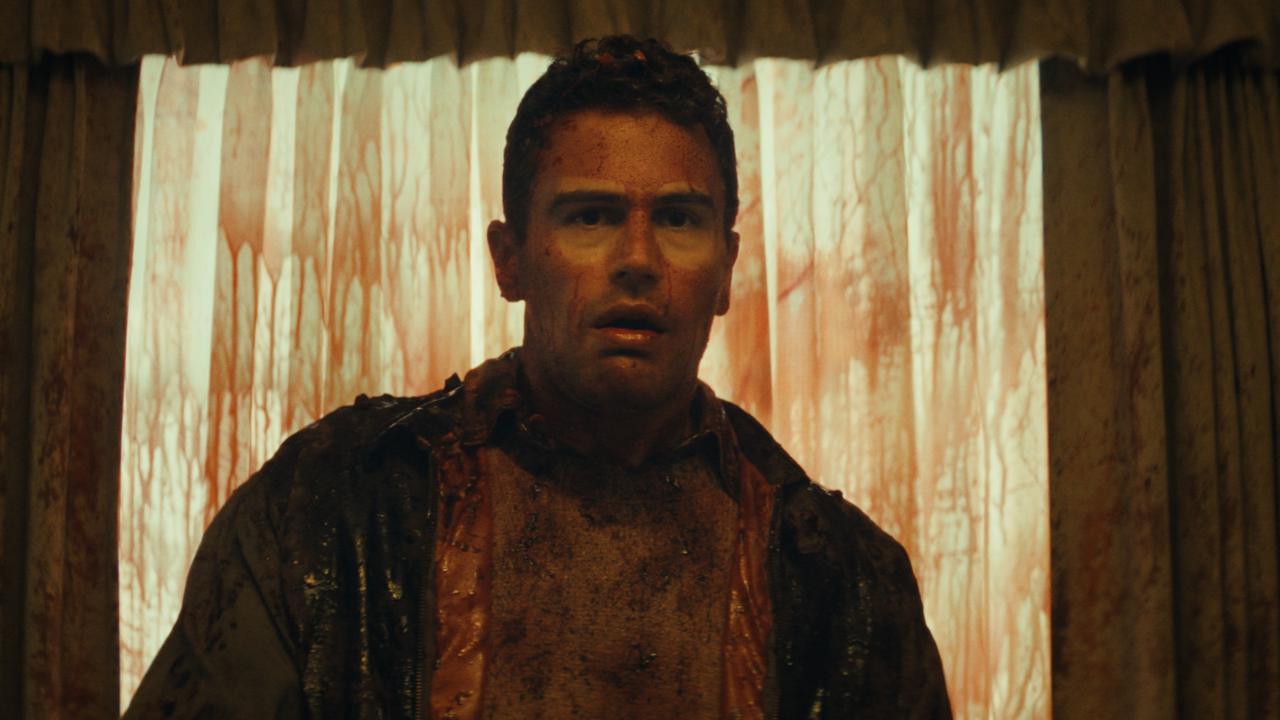The actor who inspired Freida Pinto to act
FREIDA Pinto wasn’t sure what she wanted to do in life. It took watching an award-winning film — and a particular actor — for her to realise that acting was in her blood.

Stellar
Don't miss out on the headlines from Stellar. Followed categories will be added to My News.
WHAT do you do when you’re a uni student who’s not quite sure they’re on the right path? If you’re Freida Pinto, you go to the movies.
In 2003, the then-student of English literature bought a ticket to watch Monster — and she knew, right there in the cinema in Mumbai, that she wanted to become an actor. “It was one of the most vulnerable films and characters I’ve ever seen,” she explains to Stellar from the set of her latest film, Only. “It was what Charlize Theron did with her character that had me bowled over and inspired. She completely surrendered to a transformation — in order to be taken seriously in this industry, she would have to let go of the sexy-bombshell image bestowed on her. And she went above and beyond to break that mould.”

Five years later, Pinto would be up on the big screen herself, captivating the world with her breakout performance in the 2008 hit Slumdog Millionaire. And as she kickstarted her acting career, Pinto, 33, chose to adopt a stereotype-smashing MO of her own.
“I don’t know if I’ve ever been rejected based on my ethnicity, as I’ve never been told directly,” she admits. “But people have found it hard to imagine me in certain roles or parts — and that’s OK. I never take these things personally; I definitely take them on as a challenge. The goal is to break the boxing of certain ethnic-minority women into certain categories.”
That first role, as an orphan locked into a seedy future, foreshadowed a career full of interesting choices. But what seemed like overnight success was not quite that. After finishing university, Pinto had to endure scores of unsuccessful auditions — and a few successful ones. She nabbed a hosting job on a travel show and some TV ads through the modelling agency she had signed with; the role in Slumdog Millionaire only eventuated after the casting director asked her agency to put forward half a dozen models for a tryout.
It was the beginning of a six-month audition process, which she would later call “my favourite acting school”. The graduation ceremony would end up taking place on the most important stage in all of film: at the 2009 Oscars, where the movie would win eight trophies, including the Best Picture gong.
Reflecting on the whirlwind that her life soon became, Pinto says, “My favourite memory was not knowing what was going to come from the film. Coming from no prior experience, it kept the process of filming and then later promoting the film very pure. Now, of course, I’ve done this a couple of times, having been in the industry for almost 11 years, and it’s hard to replicate that kind of innocence to the process.”

But losing that innocence has also helped her gain a platform and a public voice; Pinto publicly backs humanitarian causes with an emphasis on the rights of girls and women. She attributes her passion to growing up in India, a nation that has high domestic-violence and sexual-assault statistics.
“Growing up in Mumbai, it’s hard to ignore the various differences that exist in such close proximity. The way the city is laid out, you encounter the rich and wealthy, the large struggling middle class and the great amount of people living on or below the poverty line. It’s hard to ignore and it makes you question why one has such privileges while others struggle to put one square meal on their table.
“Oftentimes in dire situations women are the most marginalised. And for someone who grew up in a family with many strong, opinionated and independent female figures, it came rather naturally to be aware and question and advocate for the same rights for all women — irrespective of what they were born into,” she says.

“Over the years, the exposure and education I received from all my travels and meeting other strong women’s rights advocates around the world made my understanding of feminism deeper and more meaningful.”
Pinto will be coming to Australia this week as a guest speaker at an event for the Veuve Clicquot New Generation Award, a global initiative founded by the champagne house in honour of Madame Clicquot’s pioneering spirit during the 1800s, when women had far fewer rights. Her work on behalf of young women takes her around the world; she has visited Ethiopia, Sierra Leone and the Philippines as a global ambassador for Plan International’s Because I Am A Girl initiative, which aims to help young women in developing countries. Pinto also applauds the #MeToo and #TimesUp campaigns, which have made inroads in her own industry.

“These movements are important,” she says. “[They give] a voice to issues that for so long have been suppressed under circumstances tied to fear of being shamed or shunned. This fear has suppressed the voices of so many. We’re coming together for the collective good.
“Though the voice of these movements is led by women, it benefits the industry as a whole. If it were to ever come to pitting women against men, I would opt out and hopefully it will never become that. The mission is not to marginalise one or the other, it is for equality.”
Years ahead of that fateful screening of Monster, and long before she grasped the extent to which her gender could put her at a disadvantage in the world, Pinto held some big dreams. When she was five, she would practise Michael Jackson’s iconic moves; she had notions she could impersonate him for a living someday. She now admits to Stellar that she never mastered the moonwalk.
“But what I had back then was a crazy imagination,” Pinto says. “I feel adult life makes you face reality a little more head-on. It does take some of that innocent magic away. I’ve certainly lost my die-hard belief that I am a great Michael Jackson impersonator... but maybe it’s for my own good!”
Originally published as The actor who inspired Freida Pinto to act


